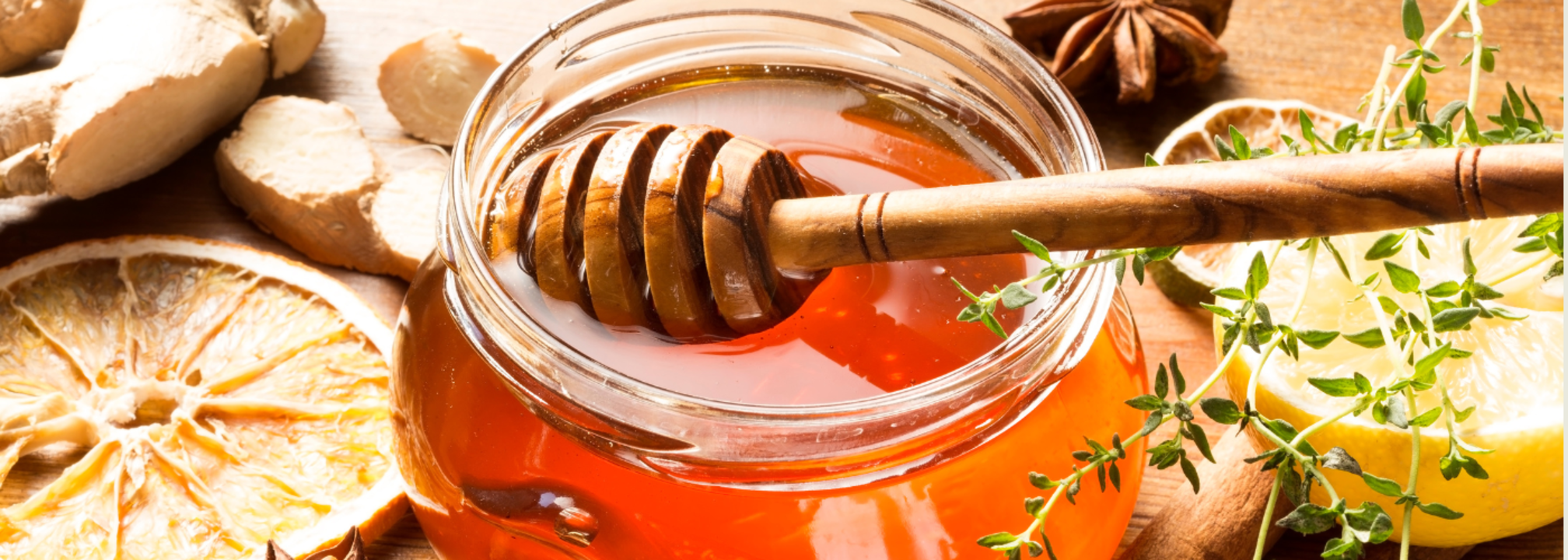Is Honey Good Or Bad For You?

Is Honey Good Or Bad For You?
SummaryHoney is a naturally sweet, syrup-like substance that bees produce from the nectar of flowering plants. While it is high in sugar, there are several benefits to consuming it.
End of Article
